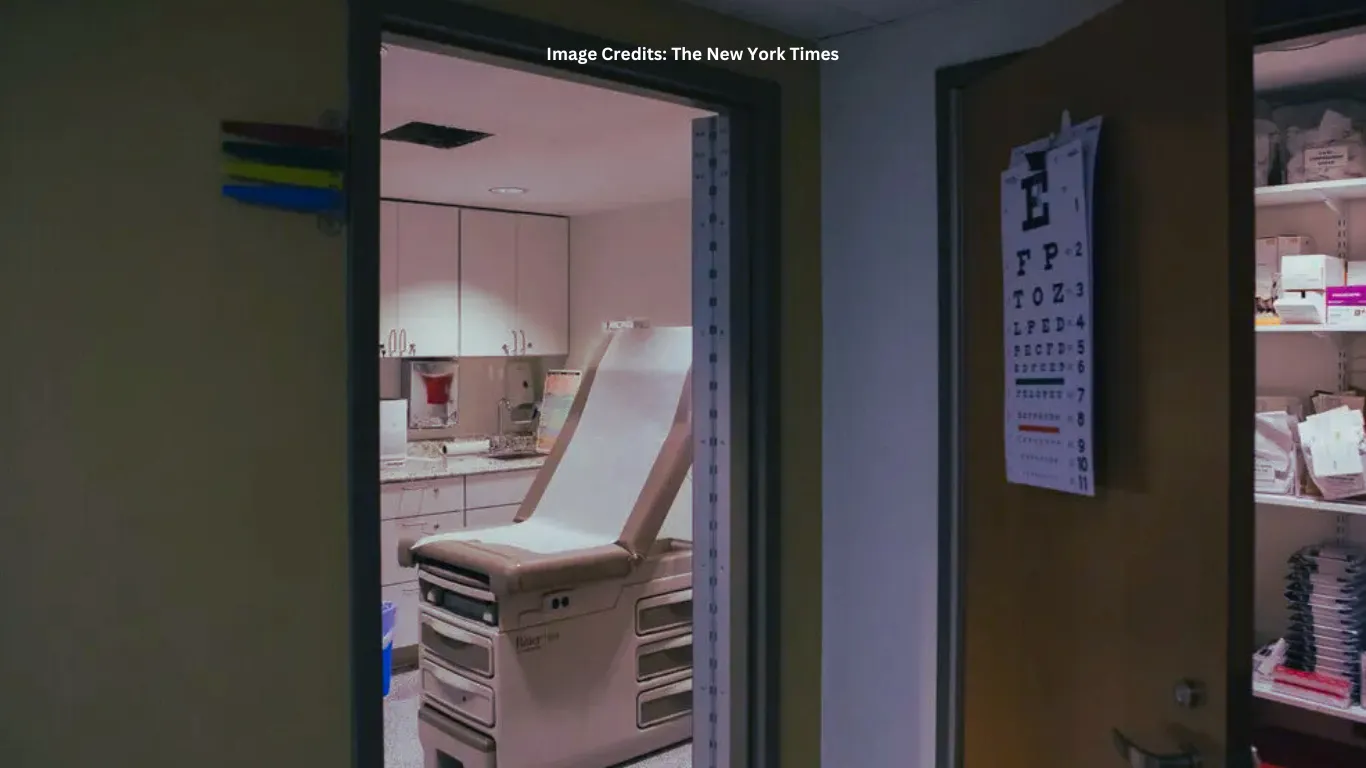ChatGPT Outperforms Doctors in Medical Diagnosis Study – A new study showed something surprising: ChatGPT, a computer program, was better than doctors at figuring out what was wrong with sick people. Even when doctors used ChatGPT to help them, they didn’t do much better than those who didn’t use it. But ChatGPT alone did an amazing job!
In the study, ChatGPT got the right answer 90% of the time, while doctors using it scored 76%, and doctors without it scored 74%. Dr. Adam Rodman, a doctor who helped with the study, couldn’t believe it. He thought the bot would help doctors, not be better than them.
Why Didn’t Doctors Do Better?
The study found two main reasons why doctors didn’t do as well:
- Doctors Stuck to Their Own Answers
Many doctors didn’t trust ChatGPT when it gave answers different from their own. They believed their first guess, even if the bot’s suggestion was better. - Doctors Didn’t Use ChatGPT Right
Most doctors used ChatGPT like Google. They asked it short questions instead of giving it all the details of a case to study. Only a few realized they could tell the bot the whole story and get a complete answer.
ChatGPT works best when it knows everything about the problem. It’s like giving a puzzle all the pieces to solve it!
The Case That Stumped Doctors
One of the six test cases involved a 76-year-old man with severe pain in his lower back and legs after a heart procedure. His symptoms included fever, anemia, and kidney issues. The correct diagnosis? Cholesterol embolism, a condition where bits of cholesterol block blood flow.
Doctors had to suggest possible diagnoses, explain their reasoning, and list findings that supported or contradicted their ideas. Despite these detailed steps, ChatGPT consistently provided better answers and reasoning than most participants.
A History of AI in Medicine
Efforts to build AI diagnostic tools have been around since the 1970s. Early programs like INTERNIST-1 showed promise but weren’t practical for real-world use. They required too much time and data input, and doctors didn’t fully trust them.
Things changed with tools like ChatGPT, which can understand natural language and process large amounts of information instantly. Its conversational interface makes it easy to use. Dr. Jonathan Chen, a physician and computer scientist at Stanford, calls it “the killer app.”
What This Means for Medicine
ChatGPT’s success doesn’t mean it will replace doctors anytime soon. Instead, it could become a powerful “doctor extender”—offering second opinions and catching details human physicians might overlook.
However, the study also showed that doctors need better training to use AI effectively. Many aren’t tapping into its full potential. Dr. Chen observed that only a small number of participants used ChatGPT to its maximum capabilities, which could explain why they didn’t perform as well as expected.
The Future of AI in Diagnosis
This study raises an important question: Do we need AI to mimic human reasoning, or is it enough for it to simply get the right answer?
For now, tools like ChatGPT are proving they can make a big difference, even with their unique approach to solving problems. As more doctors learn how to use AI, it could transform how medical diagnoses are made—making them faster, smarter, and more accurate.
News Source : The Newyork Times
